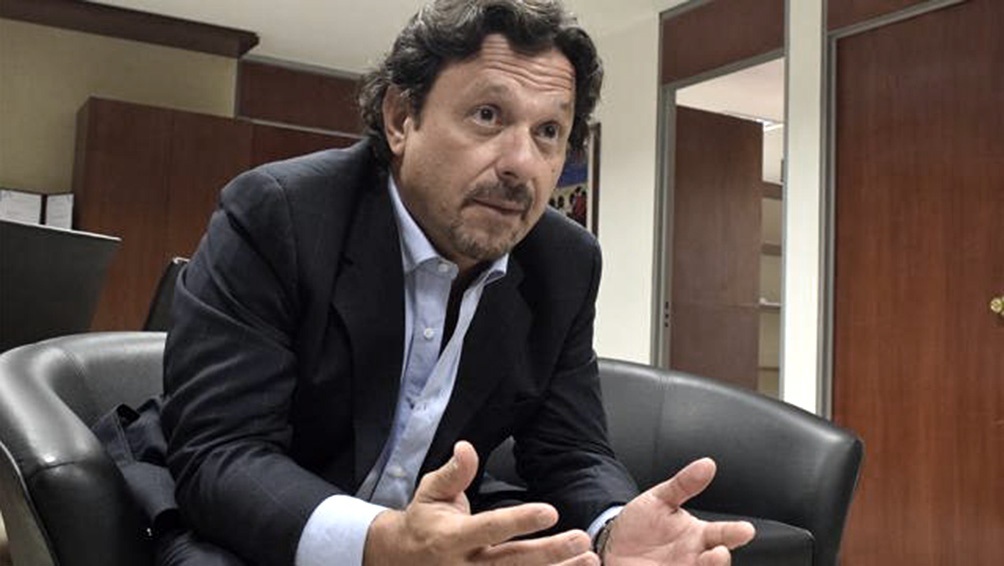
In the May 14 elections, the ruling party won at the provincial level, Sáenz being re-elected with 47%, falling 7% compared to the 2019 elections. Within the ruling party, the romerismo was defeated. The initial discontent with the Government was not capitalized on by any list.
Together for Change, a space with presidential aspirations, only reached 17% since the vote to the right was capitalized by Sáenz.
The Avancemos Front between the Kirchnerist Estrada and the right wing of Olmedo made a bad choice as a whole only fighting the mayor with the ruling party in San Martín. Milei had no candidates of her own, but she was diluted on this front.
A list that claimed to be libertarian is that of Oscar Vázquez who could not appear at the provincial level scratching 1.4% in the capital city administration while Marcos Urtubey, in another space, got 2.24%. Yet another election where libertarians don’t do well.
The different groups k that were divided together reached only 10%.
In the case of the left, we made a good election with 6% in the governor category if we add the 4 lists that were presented, more than doubling the space in relation to the last gubernatorial election where all the votes of the left had been unified in the Unity Left Front. A sign that part of the social discontent is expressed by the left.
Despite this strong growth, it did not achieve representation in the Chamber of Deputies or in the Deliberative Councils, essentially due to the division caused by the opportunist policy of the MST-PO front, which led to the candidate Samuel Huerga in Orán (who has just made arrangements with the parties of the regime for a position) without making a public self-criticism (a typical display of “light left” politics). This is so because the added votes between this front and the PTS could have made it possible to win a provincial deputy.
For his part, and despite making a good election in Oran, councilor Huerga failed to be elected deputy and candidate Cardozo failed to renew the bench in the Deliberative Council.
Del Plá, as candidate for governor of the MST-PO front, has a lower result than the rest of the categories, with 2.17%. Labor Policy, with a divisive policy, reached 2% and lost its parliamentary representation.
The PTS, presenting itself for the first time only at the provincial level, obtained half of the votes that the MST-PO front had, with the teacher Daniela Planes as a candidate for governor.
With a campaign of clear political independence proposing a way out from below and with the strength of the workers, to confront this Salta that is in the hands of an oligarchy of 70 families that control 70% of the productive lands. With the proposal to reduce the working day to 6 hours 5 days, to distribute working hours between employed and unemployed and end unemployment.
In the debates for candidates for mayors, our young comrade Jesús Choque stood out, denouncing the situation of precarious youth that contrasts with the privileges of the usual politicians who govern in favor of the owners of the province.
Our electoral campaign was crossed by a strong educational and health conflict, which included a strong repression on Thursday and has become the true social opposition to government policy. From the PTS we support with all our strength, there is the potential to recover a powerful left in the province together with the workers, women and youth to prepare for the fights that are coming in Argentina plunged by adjustment and inflation imposed by the IMF.
Source: www.laizquierdadiario.com

